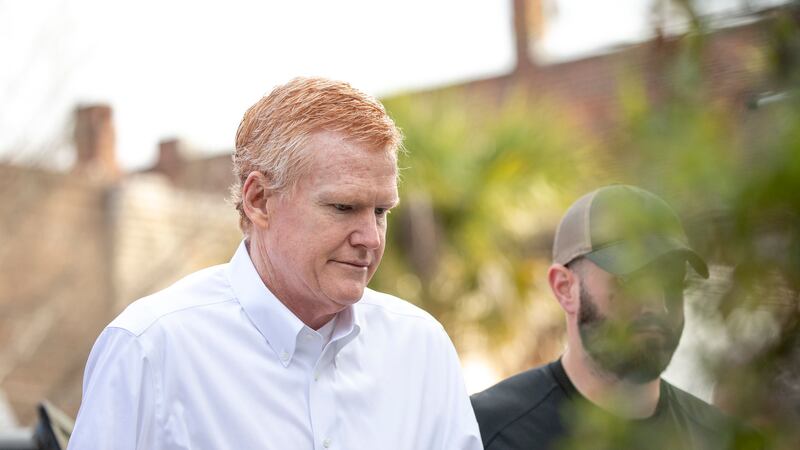South Carolina Supreme Court to Hear Alex Murdaugh’s Appeal for New Trial Amid Jury Tampering Claims
Aug. 17, 2024
 The legal drama surrounding Alex Murdaugh has intensified as the South Carolina Supreme Court prepares to review his appeal for a new trial. This development comes after months of legal wrangling and allegations of jury tampering that have raised serious questions about the integrity of Murdaugh's conviction for the murders of his wife, Maggie, and son, Paul.
The legal drama surrounding Alex Murdaugh has intensified as the South Carolina Supreme Court prepares to review his appeal for a new trial. This development comes after months of legal wrangling and allegations of jury tampering that have raised serious questions about the integrity of Murdaugh's conviction for the murders of his wife, Maggie, and son, Paul.
In March 2023, Murdaugh, a once-prominent attorney from a powerful South Carolina family, was convicted of the brutal murders that took place in June 2021 at the family’s hunting estate in Islandton, South Carolina. The trial, which captivated the nation, ended with Murdaugh being sentenced to two consecutive life terms without the possibility of parole. The case drew significant media attention, not only because of the heinous nature of the crimes but also due to the dramatic downfall of a man who was part of a legal dynasty with deep roots in the region.
Murdaugh’s defense team quickly moved to appeal the conviction, centering their argument on claims that Rebecca Hill, the Colleton County Clerk of Court, improperly influenced the jury. According to Murdaugh's attorneys, Hill made remarks to jurors that implied Murdaugh’s guilt and pressured them to reach a swift verdict. One juror even testified that Hill had instructed the jury not to be "fooled" by the defense's evidence, suggesting that Murdaugh would lie when he took the stand.
These allegations were first brought to light during an evidentiary hearing in January 2024. Although former Chief Justice Jean Toal acknowledged that Hill's behavior was inappropriate, she concluded that it did not ultimately influence the jury’s decision. As a result, Murdaugh’s initial request for a new trial was denied. However, Murdaugh's legal team persisted, arguing that the mere presence of such comments from a court official, particularly one with Hill's authority, was enough to presume prejudice against their client. They contended that the trial court's requirement for Murdaugh to prove that these comments affected the jury's final decision was an unjust burden.
In a surprising turn of events, the South Carolina Supreme Court announced on August 13, 2024, that it would hear Murdaugh’s appeal directly, bypassing the typical appellate process. This decision underscores the court’s recognition of the case's significance and its potential implications for the legal system.
Murdaugh’s defense team has framed the issue as one of profound public interest, questioning whether it is inherently prejudicial for a state official to engage in private, unauthorized communications with jurors during a trial. The defense argues that Hill’s actions, allegedly motivated by personal gain—such as securing a book deal—undermined the integrity of the judicial process. Hill, who has since resigned and is facing state ethics violations, has denied these allegations. Nevertheless, her actions have ignited a broader discussion about the ethical responsibilities of court officials and the sanctity of the jury process.
The upcoming Supreme Court hearing is a crucial moment in the ongoing Murdaugh saga. If the court rules in Murdaugh’s favor, it could result in a retrial, potentially altering the outcome of one of the most sensational legal cases in recent American history. Conversely, if the court upholds the original verdict, it could bring a final sense of closure to the case, albeit amidst continued public scrutiny and debate.
As this legal battle unfolds, it serves as a stark reminder of the complexities of the American legal system and the profound impact of courtroom conduct. Regardless of the outcome, the implications of this case will likely resonate within the legal community for years to come.
